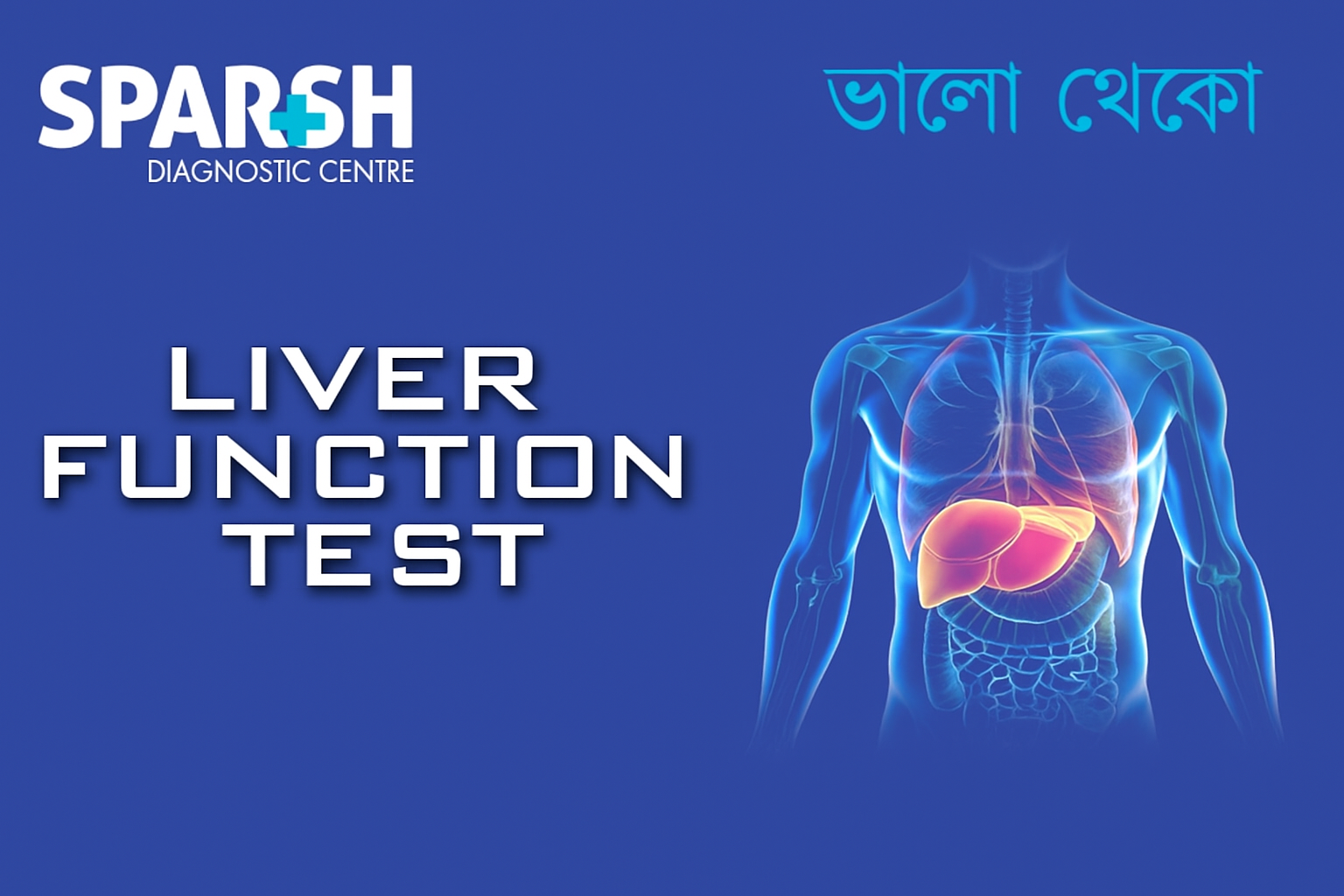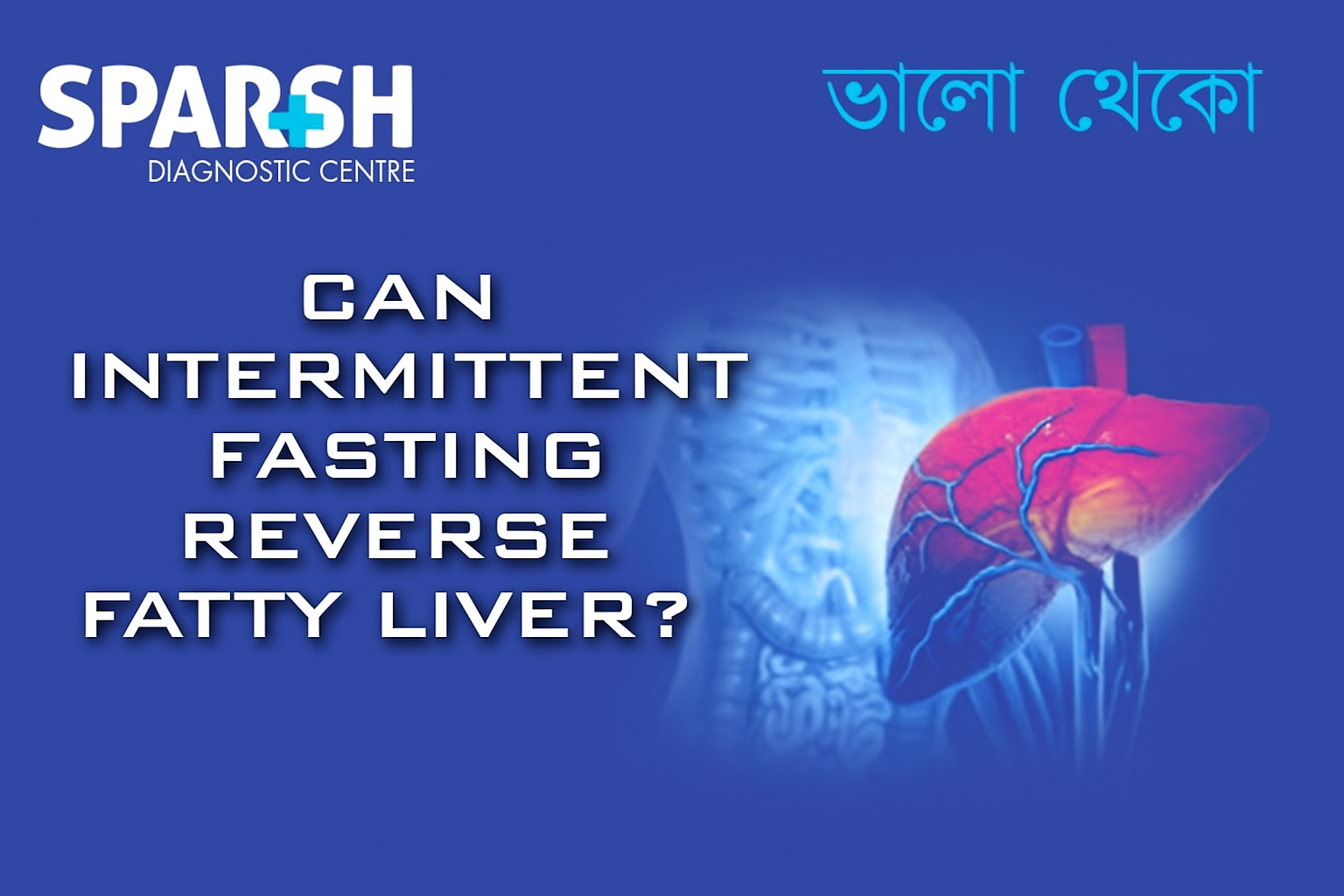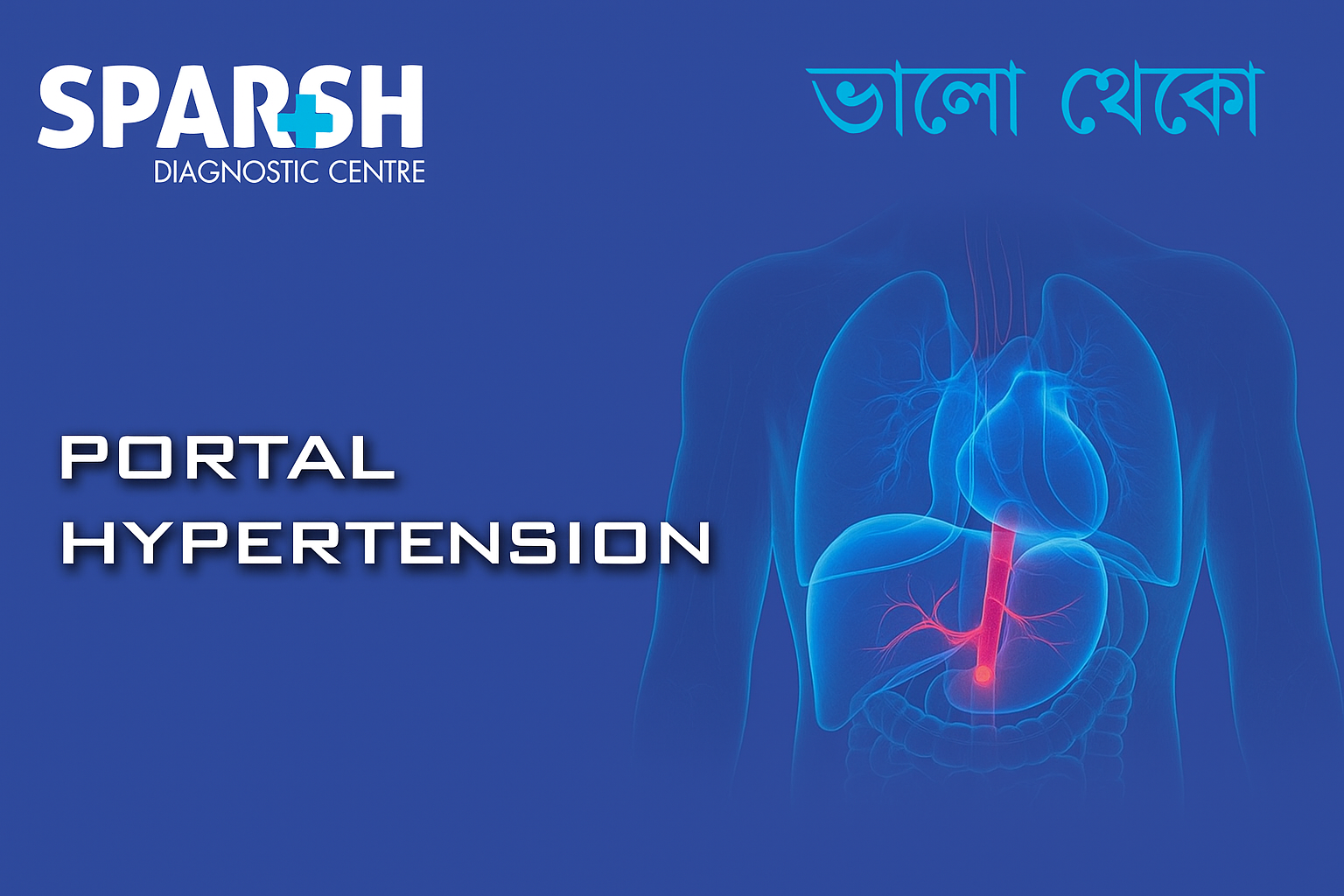Your liver is one of the most vital organs in your body. It plays a key role in digestion, metabolism, detoxification, and nutrient storage. However, many liver diseases often go unnoticed until they reach advanced stages. That’s why Liver Function Tests (LFTs) are essential—they provide a quick and accurate way to check how well your liver is working.
In this blog, we’ll cover everything you need to know about the Liver Function Test: what it is, why it’s done, how to prepare, what the results mean, and frequently asked questions.
What is a Liver Function Test (LFT)?
A Liver Function Test (LFT) is a group of blood tests that measure different enzymes, proteins, and substances in the blood. These markers help doctors assess the liver’s overall health and detect liver damage, infection, or disease.
LFTs are not a single test but a panel of tests that together give a complete picture of liver function.
Why is the Liver Function Test Important?
The liver performs more than 500 functions in the body. A damaged liver can affect:
Digestion and nutrient absorption
Energy metabolism
Detoxification of harmful substances
Blood clotting
Hormonal balance
An LFT helps in early detection of conditions like:
Gallbladder disease
Side effects of certain medications
Components of a Liver Function Test
An LFT panel usually includes the following parameters:
1. Alanine Aminotransferase (ALT)
An enzyme found in the liver.
Elevated ALT levels indicate liver injury or inflammation.
2. Aspartate Aminotransferase (AST)
Found in the liver, heart, and muscles.
High AST levels suggest liver or muscle damage.
3. Alkaline Phosphatase (ALP)
An enzyme linked to bile ducts.
Elevated ALP may indicate blocked bile ducts, liver disease, or bone disorders.
4. Gamma-Glutamyl Transferase (GGT)
Helps detect bile duct issues and alcohol-related liver damage.
5. Bilirubin (Total and Direct)
A yellow pigment formed from the breakdown of red blood cells.
High bilirubin causes jaundice and indicates poor liver function.
6. Albumin and Total Protein
Proteins made by the liver.
Low levels indicate poor liver function, malnutrition, or kidney disease.
7. Prothrombin Time (PT/INR)
Measures how quickly blood clots.
A prolonged PT suggests impaired liver function.
Normal Ranges for LFT Parameters
(Note: Ranges may slightly vary depending on the lab.)
ALT (SGPT): 7–56 units/L
AST (SGOT): 10–40 units/L
ALP: 44–147 IU/L
GGT: 9–48 IU/L
Total Bilirubin: 0.1–1.2 mg/dL
Direct Bilirubin: 0–0.3 mg/dL
Albumin: 3.5–5.0 g/dL
Total Protein: 6.0–8.3 g/dL
Prothrombin Time (PT): 11–13.5 seconds
When Should You Get a Liver Function Test?
Doctors may recommend an LFT if you have:
Symptoms of liver disease:
Abdominal swelling or pain
Risk factors for liver damage:
Alcohol consumption
Family history of liver disease
Long-term medication use
As part of routine health check-ups
How is a Liver Function Test Done?
The LFT is a simple blood test:
A phlebotomist draws a small blood sample from your vein (usually in the arm).
The sample is analysed.
Results are available within 24 hours.
How to Prepare for an LFT
Fasting: Some labs may require 8–12 hours of fasting, especially if additional tests like lipid profile are ordered.
Medication: Inform your doctor about any medications, supplements, or herbal products you’re taking, as some can affect results.
Alcohol: Avoid alcohol for at least 24–48 hours before the test.
Interpreting LFT Results
High ALT & AST: May indicate hepatitis, fatty liver, or cirrhosis.
High ALP & GGT: Suggests bile duct obstruction or alcohol-related damage.
High Bilirubin: Indicates jaundice, gallstones, or hemolysis.
Low Albumin/Protein: Suggests chronic liver disease or malnutrition.
Prolonged PT: Suggests impaired liver function affecting clotting.
Important: Abnormal results do not always mean severe disease. Further diagnostic tests (like ultrasound, CT scan, MRI, or liver biopsy) may be required.
Risks of the Test
LFT is safe and simple, with minimal risks such as:
Slight pain or bruising at the needle site
Rarely, dizziness or fainting
How Often Should You Get an LFT?
Routine health check-up: Once a year if you are at risk
Monitoring chronic conditions: More frequent if you have hepatitis, fatty liver, or are on long-term medication
Alcohol users: At least twice a year
Lifestyle Tips to Maintain Healthy Liver Function
Maintain a healthy weight
Eat a balanced diet (fruits, vegetables, lean proteins, whole grains)
Avoid excessive fatty and fried foods
Avoid self-medication and unnecessary supplements
A Liver Function Test (LFT) is a vital diagnostic tool to evaluate liver health. It helps in early detection of liver disease, guides treatment decisions, and monitors ongoing liver conditions. Regular check-ups, combined with a healthy lifestyle, can keep your liver functioning optimally.
If you experience symptoms of liver disease or are at risk, consult your doctor and get your LFT done without delay.
FAQ Section
1. What is the most common reason for an abnormal LFT?
The most common causes include fatty liver disease, alcohol consumption, hepatitis, and medication side effects.
2. Can LFT detect liver cancer?
LFTs can indicate liver damage but cannot directly diagnose cancer. Further imaging and biopsy are needed.
3. Do I need to fast before an LFT?
Fasting is not always required, but some labs recommend it if additional tests are included.
4. How long does it take to get LFT results?
Usually within 24 hours.
5. Can I drink alcohol before the test?
No. Alcohol can temporarily elevate liver enzymes and distort results. Avoid it at least 24–48 hours before testing.
6. How often should I check my liver function?
At least once a year if you are at risk, and more frequently if you have a chronic liver condition.
7. What happens if my LFT is abnormal?
Your doctor may order further tests (ultrasound, CT scan, MRI, or biopsy) to confirm the cause and guide treatment.
8. Is LFT painful?
No. It is just a simple blood test with minimal discomfort.
#BhaloTheko
Disclaimer:
No content on this site, regardless of date, should ever be used as a substitute for direct medical advice from your doctor or other qualified clinician.

![]()






[…] Liver function tests (LFTs) […]
[…] clotting ability, liver function, and infection […]
[…] Liver function tests […]
[…] Liver Function Tests (LFTs): Elevated liver enzymes […]
[…] Blood tests (anemia, liver function) […]
[…] Liver and kidney function tests […]
[…] Liver function tests (LFTs) […]
[…] Liver and kidney function tests […]
[…] Liver Function Tests (LFTs) […]
[…] Liver function tests […]
[…] Unexplained Abnormal Liver Function Tests (LFTs) […]
[…] Liver function tests (for hepatic causes) […]
[…] Liver function tests (important as vitamin A is stored in the liver) […]
[…] Liver Function Tests (LFTs) […]
[…] Liver function tests (LFTs) […]
[…] Liver function tests […]
[…] Liver function tests (LFTs): Elevated enzymes may suggest liver involvement […]
[…] Liver function tests […]
[…] Liver Function Tests: Detects liver abnormalities causing fluid imbalance. […]
[…] Liver Function Test (LFT) – Assesses liver enzyme levels to gauge liver health. […]
[…] Kidney and liver function tests […]
[…] Liver Function Tests: If hepatitis is suspected […]
[…] Liver and Kidney Function Tests: Elevated liver enzymes and abnormal kidney function tests can indicate organ involvement, particularly in severe cases of leptospirosis. […]
[…] Liver Function Tests (LFTs): Elevated liver enzymes (ALT and AST) may indicate liver damage. […]
[…] Liver Function Test (LFT): Checks liver enzymes, bilirubin, and proteins to identify liver issues. […]
[…] Liver Function Tests (LFTs) – May be normal or altered. […]
[…] Liver function tests (LFTs) […]
[…] Liver function tests: Measure liver enzyme levels (ALT, AST) […]
[…] Liver function tests (LFTs): ALT, AST, ALP, bilirubin, albumin […]